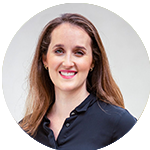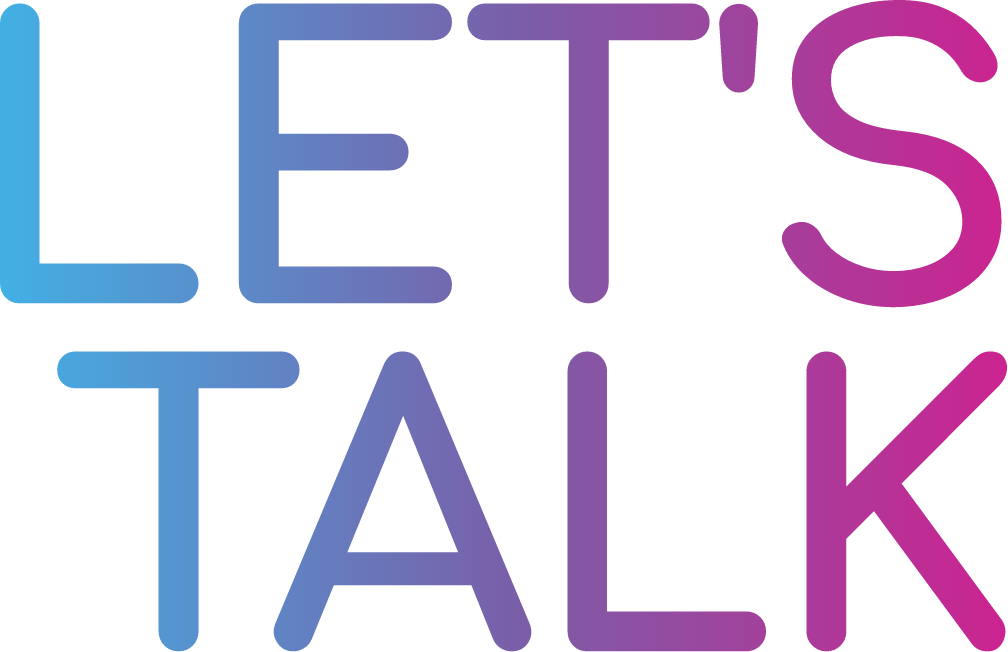Recently, the head of the International Department at Robus, Becky Laufer Shechter met with Sarah Biser, Partner at Fox Rothschild, for an insightful conversation. In this interview, Sarah discusses her Aliyah story from the United States to Israel, her experiences in the legal field, and the challenges and opportunities of working across two different legal systems. She also touches on the personal aspects of her journey, offering a grounded perspective on adapting to a new cultural and professional landscape. Especially now, when interest in moving to Israel is on the rise – even for practicing attorneys in the U.S. – we hope you find Sarah’s story inspiring.

1. Can you share your journey in the legal profession and what motivated you to make aliyah to Israel?
I became interested in making aliyah when I was a teenager. First, the Six Day War in 1967 and the Yom Kippur War in 1973 were wake-up calls for me.
Then, after I married and had three children, I worked as a corporate in a firm that was one of the leaders in mortgage backed securities. Later, I pursued a career as a construction and dispute resolution lawyer, working at a few different firms before becoming a senior partner at Fox Rothschild, a large AmLaw 100 firm in the United States, where I am now—while never losing my dream of eventually making Aliyah.
After the kids graduated college, my husband and I decided it was time, and started looking at apartments in Tel Aviv and visited more and more often to test the waters. Shortly before COVID hit, we found an apartment in Tel Aviv that we loved and decided to take the plunge. Now, three years later, we are Israeli citizens and we go there as often as we can, working remotely when we are there, as Zoom and other technology allows us to do.
2. How has being in Israel influenced the dynamics of your business, particularly in terms of navigating international legal frameworks and cultural differences, compared to operating directly within the US?
I have been able to carry on my U.S. work from Israel seamlessly, because of the difference in time zones. After enjoying the morning and early afternoon in Tel Aviv, often meeting with lawyers and potential clients, I then work “the New York day” remotely. Sometimes that means staying up to 3 or 4 am Tel Aviv time, but it works. I do not practice Israeli law, so I am not in competition with Israeli lawyers.
Further, my firm has about 30 offices and 1,000 lawyers licensed and practicing law through the United States, which is an attractive proposition for many Israeli clients doing or wishing to enter the American market. At Fox Rothschild, , I am co-chair of the national Construction Practice Group and co-chair of the International Arbitration Group. I specialize in construction and infrastructure. I am also co-chair of the Israel Practice Group, which has about 40 attorneys who practice in a wide variety of areas and in different parts of the United States.
My most memorable cases have been:
(1) representing the successor to the Danish Construction Company in a matter involving the crash of an American B-52 carrying 4 plutonium bombs in Thule, Greenland in 1968 (Operation Crested Ice)– the second crash in the history of the world of a plane carrying nuclear bombs.
(2) representing Technion University to establish Technion (New York) and to create the merger of Technion (New York) and Cornell and located the new school on Roosevelt island.
(3) representing the Panamanian contractor in the consortium that built the third lane of the Panama Canal.
I believe that as a result of the rise in anti-Semitism resulting from the Iron Swords war, many Jews, including lawyers, are considering Aliyah (to Israel) and may be encouraged by my personal story and others who have done the same thing. Also, I believe many clients and colleagues find my experiences and commitment to Israel a plus.
3. What were some of the most significant cultural challenges you faced in Israel, both personally and professionally, after your immigration?
Anglos—Israelis who made Aliyah from the U.S. or UK—generally socialize or hang out with other Anglos. I wish there were more opportunities to socialize and integrate with native Israelis. Since the current war with Hamas started, my husband and I have been doing volunteer work to support the soldiers, which has enabled us to widen our circle of friends.
4 . Based on your experience, what advice would you give to other lawyers contemplating making aliyah and continuing their legal careers in Israel?
Do not hesitate. You can do it. Zoom and Microsoft teams make it easier then ever to work remotely, and whether you move to Tel Aviv, Jerusalem, Haifa, Eilat, or the Golan Heights, it will be the richest experience you will ever have.





